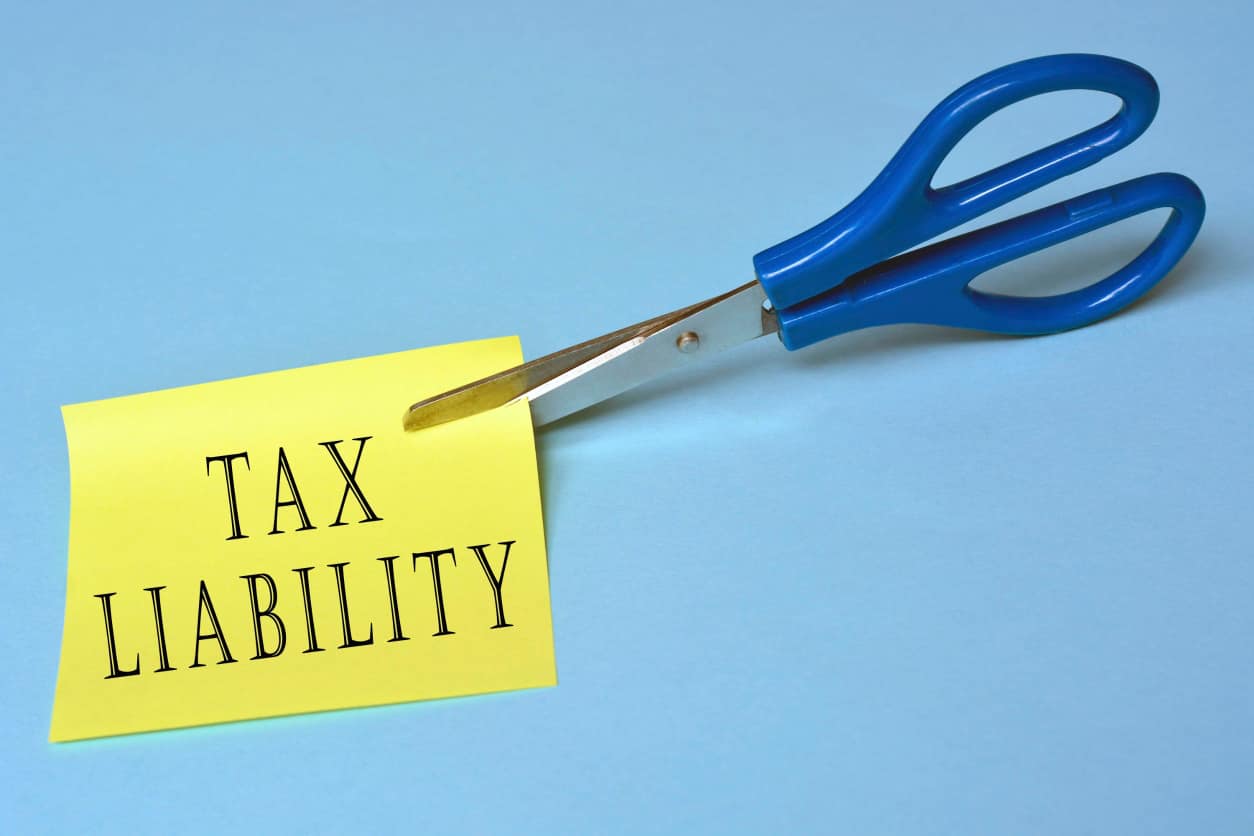For many people, having IRS tax debt is an unwelcome experience they would much rather avoid. The fear of IRS collection actions, such as wage garnishment, bank levies, or liens on property, can create a constant state of worry.
Being late with tax payments, however, can happen even with good financial planning.
If you suspect you owe the IRS back taxes, here are some simple ways to know for sure.
You Receive a Notice or Letter From the IRS
Once you file a tax return, the IRS will review and process it before updating your account. If you owe back taxes, the system will flag your return for a balance due and you will be sent a CP14 notice.
This notice shows how much you owe the IRS, including any penalties and interest accrued on unpaid taxes. It will also outline your payment options. If you do not pay, the IRS will send balance due reminder notices: CP501, CP503, CP504, and LT16.
You Request an IRS Account Transcript by Mail
You can also find out whether you owe the IRS any money by requesting transcripts by mail. Tax account and return transcripts include information from your individual tax return, including your 1040 return info, tax account transactions, estimated tax payments, current tax debts, penalties, and interest. It takes 5-10 days to receive tax transcripts by mail.
You Call the IRS
Alternatively, you can find out your balance due by calling the IRS directly from your phone.
Individual taxpayers can call the IRS Monday-Friday from 7am-7pm local time using the phone number (800) 829-1040.
Taxpayers representing businesses can call using the phone number (800) 829-4933.
The IRS also has an automated phone service to request transcripts. For this option, call (800) 908-9946.
You Sign Into Your IRS Online Account
The IRS allows you to access your tax records online at https://irs.gov/payments/your-online-account. Your IRS online account will show whether you owe back taxes.
You are Audited
An IRS audit may be triggered for several reasons, including failure to report income, missing or incomplete returns, excessive deductions or expenses, and math errors. In these cases, you may owe the IRS back taxes and your return is more likely to be audited.
If you are being audited by the IRS, they will send you a CP75 notice in the mail.
Your Wages are Garnished
The IRS can garnish your wages if you owe back taxes and have not paid them on time. Wage garnishment is a type of levy used by the IRS to collect unpaid taxes by taking money directly from your paycheck.
Before garnishing your wages, the IRS will send multiple balance due notices, including a Final Notice of Intent to Levy. If you ignore these notices and do not pay the IRS, they will garnish wages within 30 days of your final notice.
Your Bank Account is Seized
Just like with wage garnishment, failure to pay your tax debt may result in bank account seizure through an IRS levy. The IRS will withdraw money from your checking and savings accounts to settle your tax debt.
Once you receive a final IRS notice of intent to levy your bank account, you will have 21 days to resolve back taxes before your bank releases your money to the IRS.
The IRS Places a Lien on Your Property
If you have unpaid taxes, the IRS may place a lien on your property to secure its interest in collecting your tax debt. A federal tax lien on your property may result in restrictions on the sale or transfer of property, additional risk of foreclosure, and limitations on refinancing options.
You are Unable to Qualify for a Mortgage or Sell Your House
If you are finding it harder to get another mortgage or transfer house ownership during a sale, the IRS has likely placed a tax lien on your property for unpaid taxes.
Your tax debt must be paid in full to release the IRS lien before you apply for another mortgage or complete the sale of your home.
You Receive a Letter from a Debt Collector or Private Collection Agency
In 2015, Congress gave a green light to the IRS to use third-party debt collectors and private collection agencies (PCA) to collect unpaid taxes. These agencies work on behalf of the IRS to resolve your tax debt.
If you receive a letter from a debt collector or PCA, make payment arrangements with the IRS to prevent more serious collection actions, like a lien or levy. You can learn more about IRS private debt collection and what agencies the IRS works with at irs.gov/businesses/small-businesses-self-employed/private-debt-collection.
You are Unable to Get a Passport or Your Passport is Revoked
Owing the IRS significant amounts in tax debt could result in the denial of a passport application or revocation of your passport. However, this can only happen if your debt is categorized as “seriously delinquent.”
If you owe the IRS more than $55,000 in taxes, penalties, and interest, you are considered to be seriously delinquent. In this case, the IRS will send you a CP508C notice. You will need to settle your tax debt with the IRS to reverse seriously delinquent certification to get your passport.
If you owe the IRS back taxes, act quickly to resolve your tax debt. An experienced tax attorney can help you work with the IRS to prevent wage garnishment, bank account and property seizures, passport revocation, and other adverse collection actions. Need help? You can start online by answering 6 simple questions. You can also call us at 866-568-4593.
6 Simple Questions. Free Evaluation.
Join our Newsletter
Enter your email address to join our free newsletter. Get all the latest news and updates.

